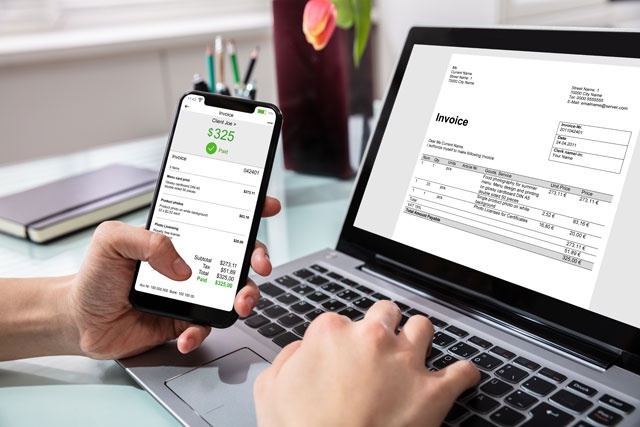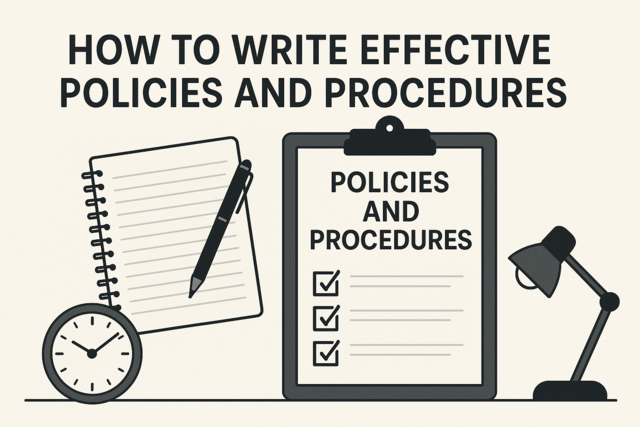To get a decent income stream from credit sources, it is important to establish a business credit record. By doing this, you will be able to influence your credit rating positively and therefore rely on gaining a large amount of credit when you need it most. It is without question that a business with a positive credit score will be in a preferential position when it comes to applying for large amounts of credit, which often is necessary to take a business that is doing well and turn it into a big hitter. In order to do this, you need to educate yourself before you start out.
Taking the correct steps early on is essential because if you are either misinformed or not fully apprised of the possibilities before you enter the arena, you will find that early mistakes are harder to correct. By following a standard procedure, you will put yourself in a positive position to deal with any market uncertainty that comes your way.
|
You should also make sure you establish a firm business identity and keep it separate from your own personal interests. The first step to this is securing your business with its own Employer Identification Number (EIN) for tax reasons. This allows you to reference business costs when it comes to filing your personal tax return. You also will need to set up separate bank accounts in the business name rather than your own, and use these for any business credit applications or business expenses. Secure all the necessary licenses and permits and also get a separate business phone line set up. Even if you are running your business from home, this plays a major part when it comes to applying for business credit. There are many factors that a lender will take into account when judging your suitability as a customer. The more boxes you can check, the better it will look for you. |
The overall result of these steps is that you will forge a strong business identity for your company and therefore be in a better position than previously to secure bigger amounts of credit when you really need them. Paying close attention to the strength of your corporate identity will pay off when you are looking to take it to the next level. By doing this, you will be able to establish a business credit record that will allow you to go for major credit far above and beyond what the lenders will be prepared to extend to an individual. It will also act as a buffer in times when your business is feeling the effects of a depressed market or temporary cash flow issues. This will be invaluable. For many companies, a strong business credit record is the difference between getting through tough times and going to the wall.
To establish a separation between business credit and personal credit, it is not uncommon for individuals to set up in business as a Limited Liability Company (LLC) or a corporation. There are many benefits to these options, not the least of which is, as the name suggests, the fact that an LLC allows its owners or members to have limited liability for the company's financial losses and debt.
This in turn protects the members' personal credit rating and financial standing from any negative effects of the company's possible financial problems. If you are a member of an LLC that goes to the wall, your own bank accounts and savings are protected legally, although inevitably any money that you have put into the company is lost. This is vastly preferable to sole proprietorship, as within that form of business, your interests are less protected.
There are good reasons to look at starting up your business as an LLC. Although the process involved takes longer than starting up as a sole proprietor, the protections given to you under that process are greater as a result. It also provides a greater range of options to the members and allows them to operate more freely, which means the business can grow a good deal more quickly than a sole proprietorship. As we have already discussed, a business starting up will require some form of capital in order to meet its costs before profits start to come in.
This capital will, in most cases, come in the form of a loan. If you set your company up as an LLC, you will be markedly less liable for the debt attached to that loan should the company fail before the loan is repaid. Any further money that is owed to the company becomes owed to the lender, but the LLC members' own personal accounts cannot be touched as, under the law, the loan was not given to the individual members but to the LLC.
Getting credit is also generally made easier by operating as an LLC. When operating as a sole proprietor, the process of getting credit is dependent entirely upon the individual, and amounts to an application for personal credit. Not only does this mean that the proprietor of the business will be judged as an individual on her or his own personal credit rating, but the amounts given as personal loans are generally less than those given as corporate or business loans. In the early days, and in the absence of a credit record for the company, the credit record of the individual will be consulted. This is unavoidable, as the bank has to judge the risk on some basis. An LLC being separate from the owner, it can build its own credit rating, and if you go for credit after a period operating as an LLC, you will benefit from the LLC's greater credit-worthiness.
|
A corporation, for its part, is distinct from an LLC in that it has all of the rights and responsibilities under the law that an individual has. There are numerous protections involved in being a corporation, not the least of which is the fact that, just like an LLC, a corporation builds its own credit record and does not tie its members in legally. If you set up as a corporation and operate the company intelligently, you will build credit-worthiness that is difficult for an individual to achieve. As with the LLC, if the company fails then your own assets are protected. |
Should a creditor take legal action against a corporation to reclaim some money after its collapse, the lender will only be entitled to reclaim money that is within the company; the individual remains protected.
In addition to protecting your assets, setting up as an LLC or a corporation also means that your individual personal credit rating will be protected in the event that the business suffers solvency problems. For this reason, it is strongly advised that, if you have big plans for your company, you look to set it up as a corporation or an LLC. Because each individual case is different, you would be well-advised to seek some legal advice before you get started. Legal advice may not come cheap, but somewhere down the line, you will find it has paid for itself. The bottom line, however, is that you have options that protect your personal assets. Taking advantage of these will allow you to run your company with the freedom that comes from knowing that you will not lose everything if it falls.































